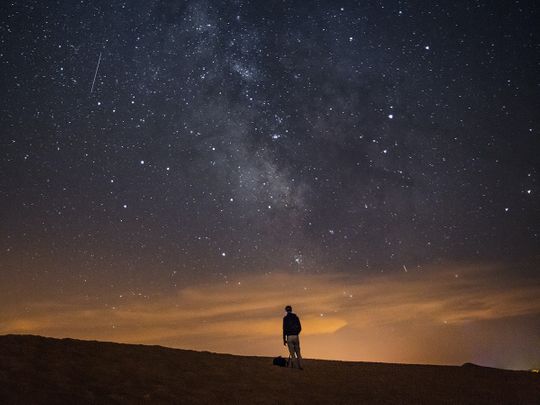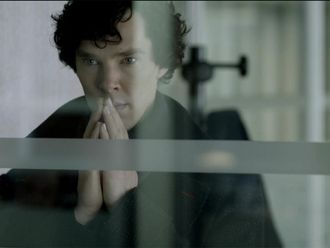
We’re slowly losing access to the night sky. It’s such a painful loss, some astronomers have coined a name for it: ‘noctalgia’, which translates to ‘sky grief’.
Click start to play today’s Spell It, where we discover how light pollution has contributed to the ‘taint’ of our night skies.
Humans have been building campfires and using handheld lanterns for ages, but with the transition to the modern era, the amount of light we now produce through electricity is astonishing. From office buildings to parking lots to streets, lighting up our cities helps add layers of safety and security, but it also has another effect – it’s causing light pollution.
According to a September 2023 report in US-based space news website Space.com, it’s only in the most remote deserts, wilderness areas and oceans that we can now find a night sky as dark as our ancestors were used to.
In fact, even that isn’t a guarantee. Our darkest night skies, which can be seen from the most remote regions in the world, are 10 per cent brighter than they were 50 years ago, according to a German study published in the journal Science, which analysed more than 50,000 naked-eye observations by citizen scientists around the world, from the years 2011 to 2022.
While light pollution happens from the ground up, the enormous growth in satellite communication around the world is not helping. Satellites scatter and reflect sunlight from their solar arrays. So, sending more and more of them into the Earth’s immediate surroundings causes the overall brightness of the sky to increase.
Ironically, the shift to energy-efficient LED bulbs too, is exacerbating the problem. Since they’re inexpensive to operate and last for a long time, many city and building planners just leave the lights on all night, even if no one is using the facilities.
As a result, the loss of our night sky is causing animal species to suffer. According to the Space.com report, researchers have found that the circadian rhythms of some animals are going off-sync, making them vulnerable to predators, and worse, ineffective at locating their prey.
Now, more and more cities around the world are realising the adverse impact of noctalgia. Efforts have sprung up around the world to create dark-sky reserves, where local communities pledge not to encroach with further light pollution. Night-friendly lighting systems, which turn off automatically or point only at the ground, are also becoming more common.
Do you think more needs to be done around the world to tackle noctalgia? Play today’s Spell It and tell us at games@gulfnews.com.









